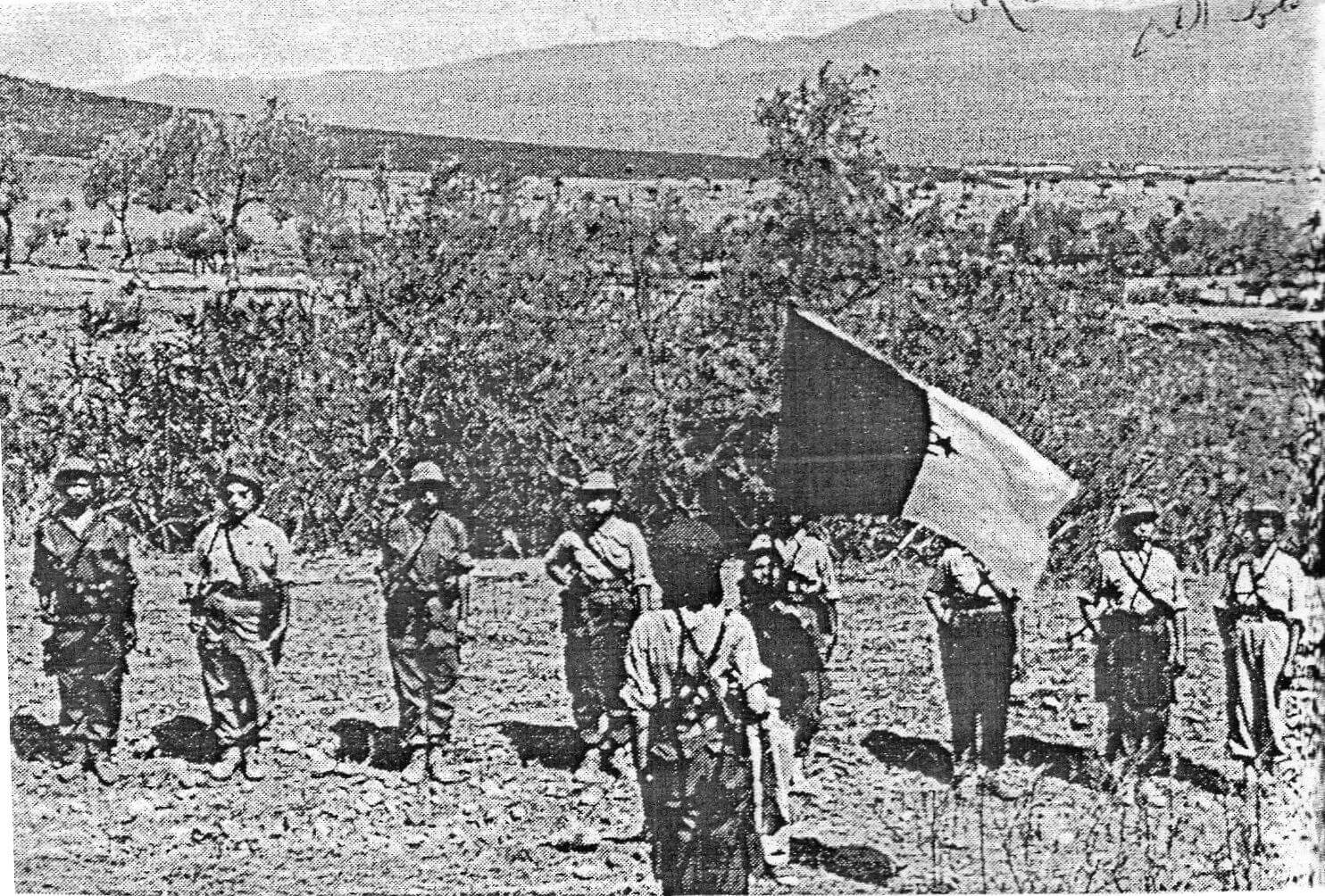The Algerian War of Independence
France struggled to hold onto its colonies as independence movements grew following World War 2. The Algerian War exemplified France’s failing colonial policies and ultimately led to the decline of the French Fourth Republic.
The Roots of Discontent in French Algeria
By the 1950s, Algeria had been under French rule for over a century. However, the native Muslim Algerians faced systemic discrimination and lacked basic civil and political rights. Frustrations boiled over following World War 2 as the idea of national self-determination spread globally. Some key factors fuelled the independence movement:
Landownership Issues
Over a million French settlers, known as pied-noirs, occupied the most fertile agricultural lands alongside large French corporations. Native Algerians were restricted to infertile lands in mountainous regions. This created deep socioeconomic grievances.

Lack of Representation
While Algeria was legally a part of France, Muslims were denied basic citizenship rights. They had no political representation and were subject to rules under the oppressive Indigénat code. This left them feeling alienated in their own homeland.
Rising Nationalism and the FLN
In the 1950s, a new generation of educated Algerians emerged who openly advocated for independence. Nationalist groups like the National Liberation Front (FLN) gained popularity through non-violent civil disobedience campaigns.
Launch of Armed Insurrection
On November 1, 1954, the FLN launched simultaneous attacks across Algeria in a strategic move to highlight the nationalist cause. This marked the beginning of the eight-year Algerian War of Independence.
France Struggles to Maintain Control
Initially believing Algerian unrest could be quelled, France deployed increasing military force throughout 1955.
Failure of Political Solutions
Reformist governments attempted political solutions like offering Algerian citizenship, but efforts proved too little, too late. With the FLN turning to armed guerrilla tactics, violence escalated.
Public Opinion Shifts in France
As the war dragged on, public support for costly colonialism began declining in France. The atrocities committed by French forces against Algerian civilians were exposed internationally.
De Gaulle Takes Charge and Considers Negotiation
By 1958, the conflict had destroyed the French Fourth Republic. Army generals recalled Charles de Gaulle to bring stability.
De Gaulle Faces Reality
While an initial nationalist, de Gaulle evaluated the unwinnable military situation and considerable domestic opposition. He conceded independence was inevitable and the priority was limiting damage to French interests.
The Era of Self-Determination
De Gaulle grudgingly accepted that in the new era of nationalism following World War 2, former colonial subjects would inevitably govern themselves. Negotiations began toward an orderly transition of power.
Independence Achieved After Brutal Fighting
However, pied-noir settlers and parts of the French military resisted independence. Violence escalated on both sides during the final three years of talks.
The Evian Accords and Aftermath
The March 1962 Evian Accords granted Algeria independence. Over one million pied-noirs fled to France, causing social and economic upheaval. The war resulted in over one million Algerian and 200,000 French lives lost.
Legacy of the Algerian War
The conflict marked the end of French colonial ambitions in Africa and the decline of French global power. It also strengthened the non-aligned movement and desire for self-rule across the developing world. For Algeria, independence was achieved at tremendous human and material cost but allowed the country to determine its own path. 